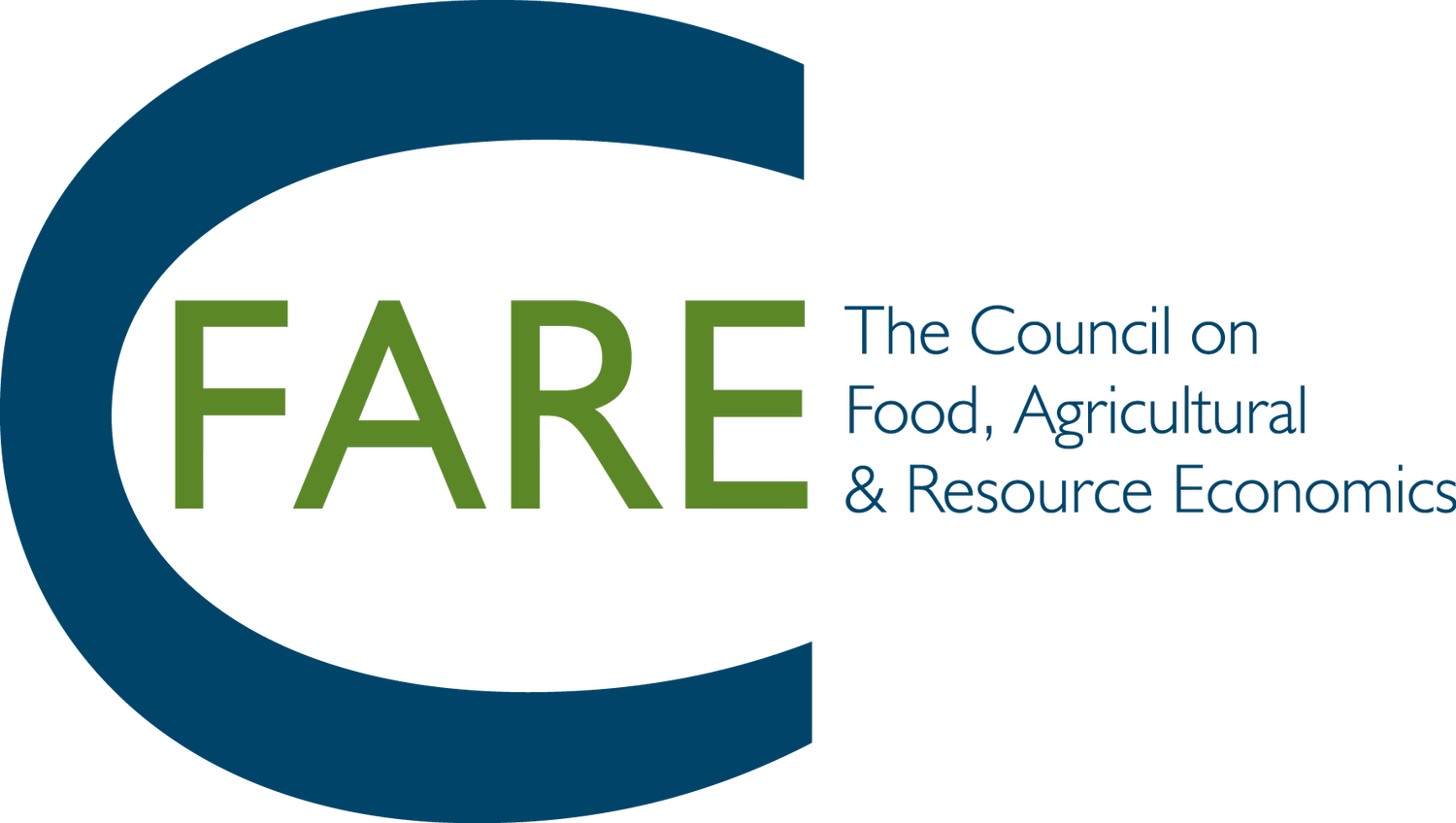Brandt Forum 2023: Opportunities and Challenges for US Agriculture and the Environment
While economists recommend using market incentives, there is the widespread use of regulation to achieve agricultural and environmental resource management objectives. This workshop explores new vantage points to explain this reality, emphasizing political economy, irreversibility, and supply chain perspectives.
Concerns about climate change, the environment, food security, and the agricultural sector's economic viability are behind government interventions. While economists advocate for financial incentives like a carbon tax, we see significant reliance on regulation. One explanation has been uncertainty (following Weitzman's seminal work), but we will argue that it has been a limited power. An alternative explanation raised includes:
Political economic and political power affect the distribution of benefits.
The desire to establish irreversible outcomes given political uncertainty
Uncertainty and credit constraints in the management of a supply chain that consists of multiple markets to establish new industries like biofuels and solar energy
These alternative approaches may explain both environmental and agricultural policies. In the case of Environmental Policies, we discuss plausible reasons why we do not see frequent use of a carbon tax, but instead, we see various forms of command and control. In agriculture, we have a mixture of semi-market-based policies, for example, crop insurance, storage control, and conservation reserve program, with an element of subsidy.
Understanding the impact and motivation for the alternative policies, the focus of this workshop is challenging yet valuable.
Junjie Wu, North Caroline State University
Optimal Design of Agri-Environment Programs: Economic Principles and Political Considerations
Billions of public and private funds are spent on agri-environmental programs yearly. But what are they achieving? In this presentation, Dr. Wu discusses various agri-environment programs and their impacts.
David Zilberman, University of California, Berkley
Supply Chains and Policy
Economic theory formed when agriculture dominated many economic activities. However, the economy has changed, and agriculture has too. To this end, Dr. Zilberman discusses these changes and how policy should support and affect existing and new supply chains.
Gal Hochman, Rutgers University
The Political Economy of Regulatory Choices
As we discuss policy interventions, there are numerous reasons. One reason is policy durability. This presentation outlines how governments in democratic regimes may use policy to tie the hands of future governments and how the choice of instruments may matter.
Andrew Muhammad, University of Tennessee
Rethinking Winners and Losers from Agricultural Trade Policy: The Case of Steel Tariffs and Canned Foods
One of the most extensive interventionist policies of the last administration is the steel and tariffs. However, what are the implications of these tariffs for the domestic canned food sector, which uses imported steel to produce canned food?
Bruce McCarl, Texas A&M University
Agricultural Policy Challenges in a Climate Change Mitigating and Adapting World
Climate change introduces significant challenges and extensively affects agricultural production and rural America. This presentation discusses some policy issues and considerations and how agriculture can become part of the mitigation strategies employed by policymakers. While looking forward, this presentation also discusses the importance of R&D and carbon sequestration.
Deepak Rajagopal, University of California, Los Angeles
Policy Lessons from LCA and LCA Based Regulations of Biofuels
Dr. Rajagopal discusses policy lessons learned from the Low Carbon Fuel Standard (LCFS) and the Renewable Fuel Standards (RFS). The presentation approaches the questions from a life cycle assessment (LCA) from an energy and transportation perspective.
